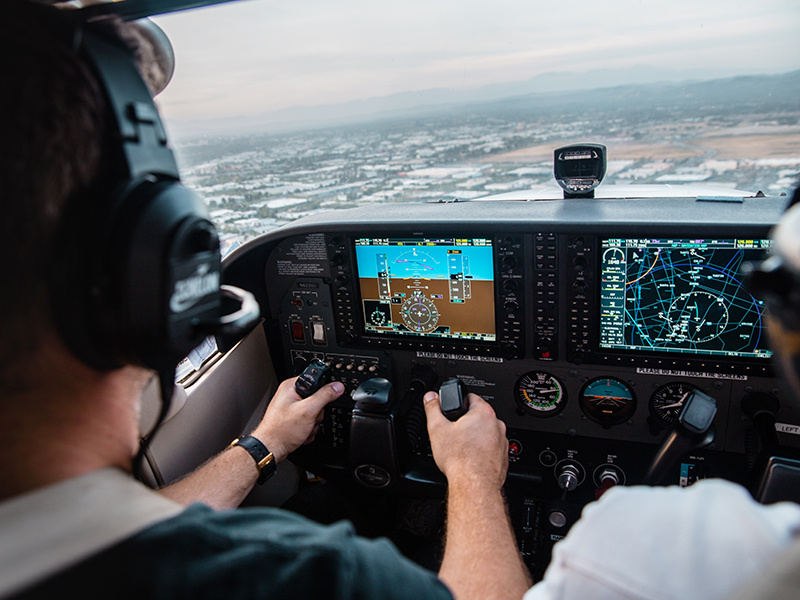


A pilot’s eyesight is one of his most important assets. Blind spots, low visibility, and open areas with minimal visual references could hinder him from performing well on his job—a job that’s responsible for hundreds of lives at a time.
Before becoming a pilot, one should first secure medical certificates that confirm that he or she possesses the prescribed eyesight. There are three types of medical certificates required for aspiring pilots: first-class, second-class, and third-class. Each medical certificate corresponds to the different flight licenses a pilot obtains.
According to the Philippine Civil Aviation Regulation guidelines, airline pilots have the highest sight standards and are required to obtain a first-class medical certificate. Commercial pilots — meaning a pilot licensed to charge money for his services like cargo or tour pilots –, multi-crew pilots, airline transport pilots, flight navigators and engineers need a Class 1 medical certificate to be permitted to fly. On the other hand, private pilots, flight operations officer, and student pilots are required to obtain a Class 2 medical certificate.
Class 3 medical certificates are required for air traffic controllers.
20/20 is not the rule
These certificates require a distant vision of 6/9 or better in each eye separately. Binocular visual acuity must be 6/6 or better. However, these requirements aren’t set in stone.
Corrective glasses or lenses are allowed during eye exams and the “exercise of the privileges of the license” for the pilot to reach the necessary visual acuity or sharpness to obtain the medical certificate he needs. Whether corrected or natural, one can fly with the correct pilot vision. But even though aviation authorities permit corrective measures in achieving the necessary visual acuity, pilots are required to get re-examinations periodically. A Class 1 medical certificate must be renewed every six months for airline transport pilots. Commercial and multi-crew pilots, and flight engineers and navigators must renew their Class 1 medical license annually. Class 2 and Class 3 medical certificates must be renewed every two years. After a pilot turns 40, renewal must take place after six months for CPL, MPL, flight engineers and navigators; every 12 months for PPL, SPL, glider pilots, and free balloon pilots.
The information contained in this website is for general information purposes only.
While WCC Aviation Company endeavors to keep the information up to date and correct, we make no representations or warranties of any kind, express or implied, about the completeness, accuracy, reliability, suitability or availability with respect to information published in this website.
Click here to read the Privacy Statement in full